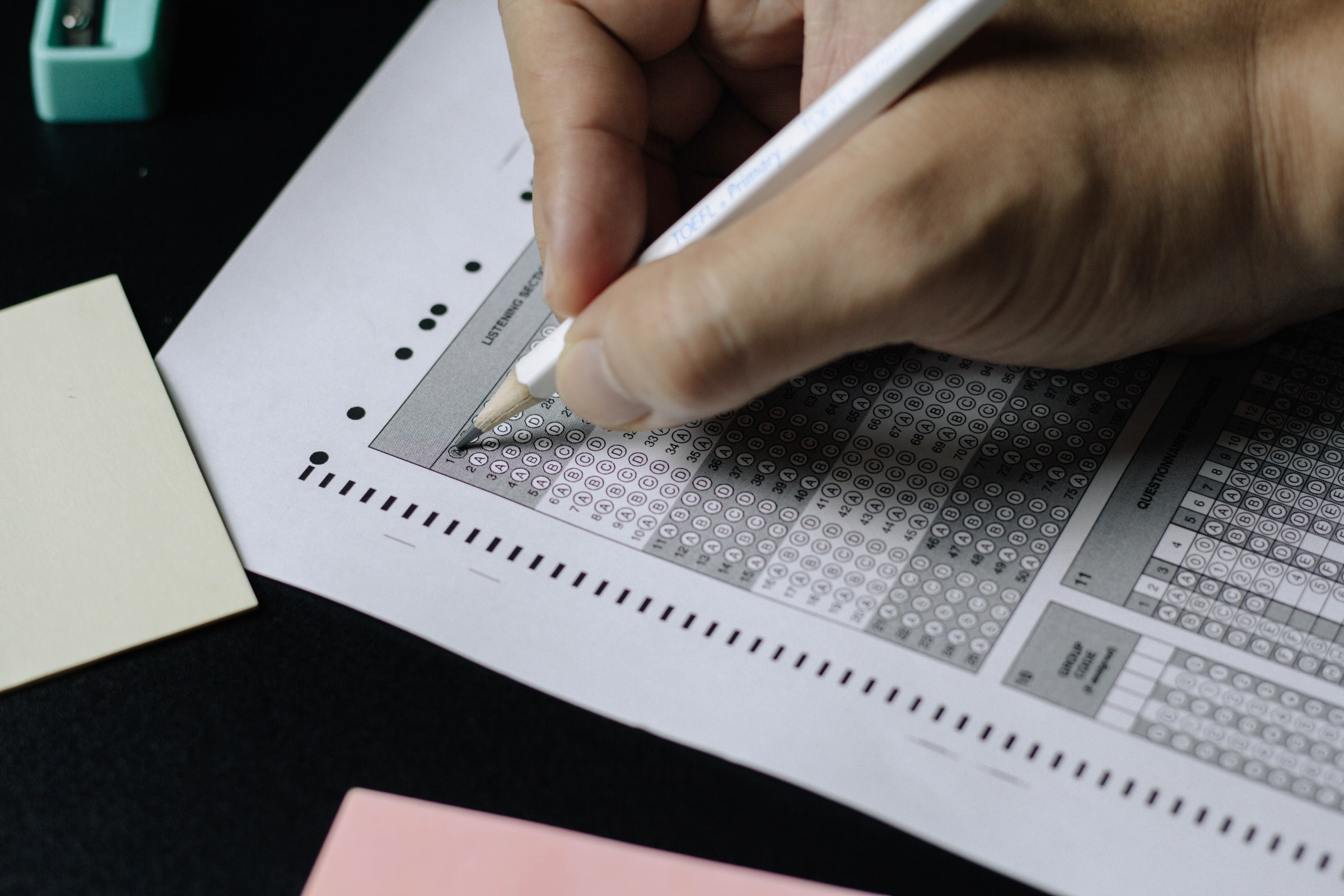The CBSE Board Exams are fast approaching! As we all scramble at the last minute to find out our syllabus, important questions, notes, time tables – let us take a a deep breath – let go of the fear of exams – and use these simple steps to prepare for your CBSE Board Exams without a single worry!

Steps to Prepare for CBSE Board Exams
Begin Your Preparation At Least 3 Months Before Your CBSE Board Exams Start
Give yourself enough time to start off comfortably, to avoid last-minute pressurised studying and stress.
Study At Least 2 Hours Daily
For the first one month and gradually increase to 6 hours a day, by the third and final preparation month as you are fast approaching your CBSE board exams
Organize Yourself And Make A Schedule Which Suits You And Your Learning Style
Include all of the subjects and chapters, alternating between subjects you like and don’t like so that studying doesn’t become too tiresome. Don’t study just one subject for more than an hour and a half, give yourself time to understand concepts thoroughly, and remember it is alright if you need more time for some chapters – PLAN YOURSELF accordingly and stick to your schedule STRICTLY!
English:
Grammar & Literature
2nd Language:
Grammar
Mathematics:
- Number System
- Algebra
- Trigonometry
- Coordinate Geometry
- Geometry
- Mensuration
- Statistics & Probability
Science:
- Food
- Materials
- The World of the Living
- Moving Things, People & Ideas
- How Things Work
- Natural Phenomena
- Natural Resources
Social:
History:
- Nationalism in Europe
- Nationalist Movement in Indo – China
- Nationalism in India – Civil Disobedience Movement
- Industrialisation: 1850s – 1950s
- Urbanisation & Urban Lives
- Trade & Globalisation
- Print Culture & Nationalism
- History of the Novel
Geography:
- Resources
- Natural Resources
- Forest & Wildlife Resources
- Agriculture & Water Resources
- Mineral Resources
- Power Resources
- Manufacturing Industries
Political Science:
- Working of a Democracy
- Power Sharing Mechanisms in Democracy
- Competition & Contestations in Democracy
- Outcomes of Democracy
- Challenges to Democracy
Economics:
- The Story of Development
- Money & Financial System
- The Role of Service Sector in Indian Economy
- Globalisation
- Consumer Awareness
Take Adequate Breaks
Take breaks regularly, walk around the house, drink water, talk to your family and friends, do something mindless and fun. Let your brain rest and digest everything it has just learnt! And, when you are ready – GET BACK TO THE BOOKS!
Most Importantly, Have Fun And Never Worry!
Don’t forget – studying doesn’t have to be tedious and tiresome! You can always have fun with it. Read our blog on how to make studying fun for more information!




